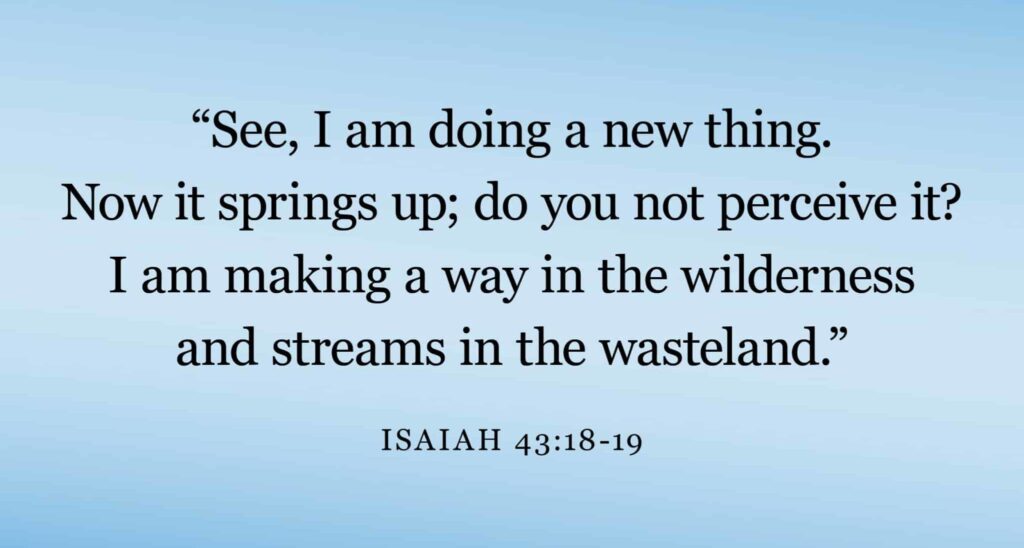Hope Wins: Don’t Let Disability Steal Your Hope
Subscribe to the Joni and Friends Ministry Podcast

When Leisa Williams learned that her youngest son, Justin, had autism, it stopped her in her tracks.
A high achiever with big plans and hopes for herself and her family, Leisa immediately felt sidelined by Justin’s diagnosis. The changes impacted the whole family.
“It was a struggle to accept and come to terms with the fact I could not keep living life the way I had thought it would be.”
Leisa
For Leisa, her husband, and Justin’s two siblings, life felt like it got put on hold. The grief of Justin’s disability, and what it meant for life moving forward, impacted each member of the family in a unique way. Family dynamics grew strained as the constant flow of responsibilities continued and grew: caregiving demands, mundane chores, mounting financial pressures.
Disability and Family Divisions
In light of Justin’s disability, Leisa felt tempted to withdraw from others. Self-pity crept into her heart from multiple angles: birthdays became painful reminders of missed milestones; sporting events were reminders of things that Justin would never get to do.
“The music kind of died in me for a season. I was nursing my grief and started to push other people away,”
Leisa
At first, Leisa resisted connecting with other parents of disabled children. Not having accepted the reality of Justin’s diagnosis and all its implications, she didn’t want to identify with the people who could understand her circumstances. Not only did Leisa avoid connections within her community; she and each of her family members self-isolated at home, each seeing to his or her own individual needs. Without a sense of unity in the family, resentment and bitterness began to take root.
“My husband and I were struggling with resentment. It felt easy to blame the person who had the most need in the family. But the reality is we all had needs. We all had problems. It’s just that these issues in Justin’s life were surfacing issues in my life and in my husband’s life where we weren’t as healed and whole as we could be. And it really brought us to our knees,”
Leisa
When the whole family turned to Jesus together, bringing all the grief, anger, frustration, and resentment that had built up, God began to weave hope into their situation.
Where there seemed to be no way, God started to make a way.

How can I deal with self-pity?
Leisa shared examples of practices that helped break cycles of self-pity and resentment, particularly between her and her husband.
- Spend time in God’s Word!
- Take time for refreshment and self-care when you can get it.
- Don’t resent your partner (or fellow caregiver) when they need refreshment (a walk, time doing a hobby, exercise).
- Gently hold one another accountable for self-pitying attitudes.
- Take time to dream and be creative (sing, paint, draw, write, cook).
Bit by bit, Leisa learned to express her own needs and take responsibility for finding refreshment. If she needed an hour to get away and exercise, she learned to ask for it.

At the same time, she stopped resenting time her husband took to refresh himself.
If he went out stargazing at night, leaving her to supervise a sleepless Justin, instead of becoming irritated, she learned to see that her husband was out in creation renewing himself, filling his cup so that he could come back in and serve their family again.
Leisa and her husband practiced gently holding one another accountable when self-pitying attitudes surfaced. Bathed in God’s Word and taking time to pray together, they began to heal as a couple, and the whole family soon developed greater unity.
“Make every effort to keep the unity of the Spirit through the bond of peace.”
Ephesians 4:3
For Leisa, taking time to cultivate creative outlets also played a key role in defeating self-pity. Sometimes a friend would come over to visit, bringing a set of scrapbooking supplies. Even the simplest creative activity, Leisa learned, could activate a part of herself that had fallen dormant under the weight of her circumstances. Both taking time to dream and create, and spending time out in God’s creation provided powerful reminders of God’s love and purposes for her.
Even with greater unity, Leisa and her family struggled to keep up with the pace of life they had maintained before disability entered their world. Before Justin’s diagnosis, Leisa and her husband played many significant roles in their community—running playgroups, leading worship, sitting on the elder board at church. Looking back, Leisa sees that she found her self-worth in “doing, doing, doing.”
With the pressures of disability weighing heavy, Leisa eventually realized that she was wearing herself out and needed to slow down. Leisa says,
“Simplifying was actually coming to that point of acceptance of starting to strip things out and being comfortable with being at home together as a family.”
Do I need to simplify my life?
Of course, being at home together didn’t always feel comfortable; Leisa appreciates that for families living with disability, just staying home can often be difficult for a variety of reasons. She also shared that stepping back from busyness brought a new wave of grief. She saw relationships fall by the wayside in some cases and dealt with a nagging feeling that less involvement in activities indicated laziness or worthlessness. But worse of all, as Leisa put it, “All of a sudden you feel like you don’t belong.”
But as the family learned to rest in God and be together, they learned to make strategic choices about what to do and not do, and what relationships to prioritize.
They didn’t pull away from serving altogether but they paid attention to their limits and learned to serve from a place of rest.

What does it mean to serve from a place of rest?
For Leisa, serving from a place of rest means releasing the need for self-justification or approval from others. Without realizing it, Leisa used to understand her identity in terms of what she could do and accomplish. When she could no longer do what she used to do, she, like so many others living with disabling conditions, chronic pain, or chronic grief, had to let her old identity go. Until she stopped clinging to her “old self,” she couldn’t embrace the truth, that her value comes from being created and loved by God.

Read Leisa’s New Book
In Hope Wins, Leisa describes the emotional and physical toll of caring for a child with special needs and provides practical tools for those who find themselves in challenging situations.











